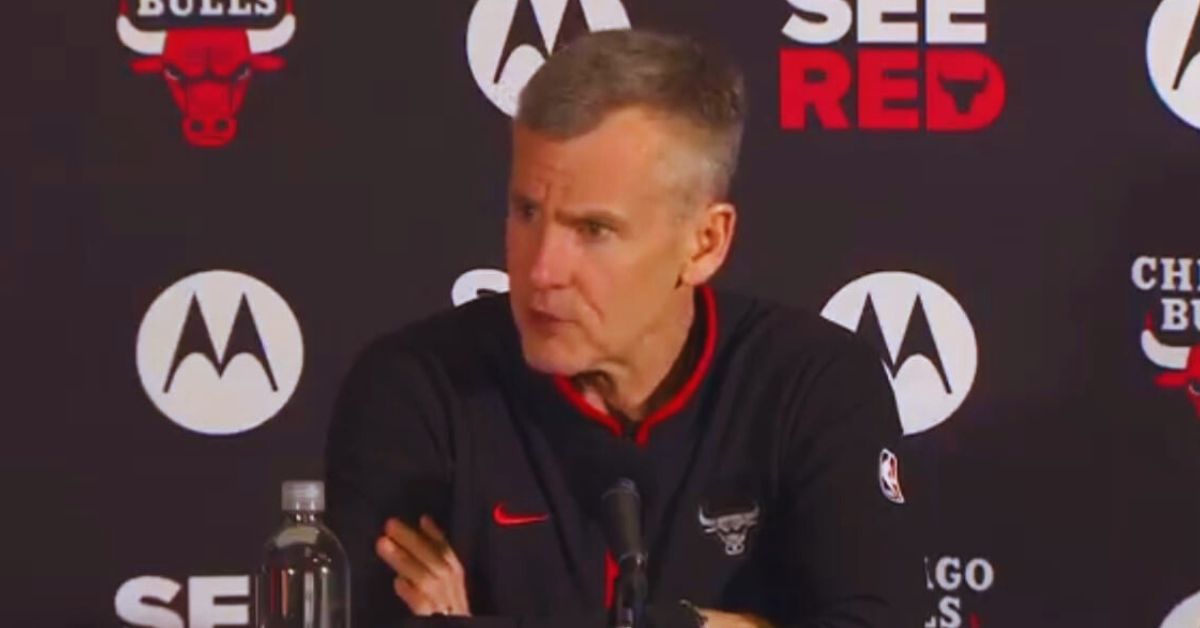FTC's Appeal Against Microsoft-Activision Merger Approval

Table of Contents
The FTC's Arguments Against the Merger
The Federal Trade Commission (FTC) voiced serious concerns regarding the potential anti-competitive effects of the Microsoft-Activision merger. Their primary argument centers on the reduction of competition in the video game market, particularly concerning cloud gaming, console gaming, and subscription services. The FTC fears that Microsoft, already a dominant player in the market with its Xbox console and Game Pass subscription service, acquiring Activision Blizzard – the publisher of iconic franchises like Call of Duty, Candy Crush, and World of Warcraft – would create an insurmountable competitive advantage.
Specific arguments presented by the FTC include:
- Anti-competitive practices by Microsoft post-merger: The FTC argues that Microsoft could leverage its ownership of Activision Blizzard's titles to stifle competition from rivals like Sony and Nintendo, potentially making these games exclusive to Xbox or making them unavailable on competing platforms.
- Loss of consumer choice and potential price increases: The FTC believes that reduced competition could lead to higher prices for games and subscriptions, limiting consumer choice and negatively impacting the overall gaming market.
- Impact on game developers and publishers: The merger could create an uneven playing field, potentially harming smaller game developers and publishers struggling to compete with a behemoth like Microsoft.
- The Call of Duty conundrum: The FTC's argument heavily features Call of Duty, emphasizing its immense popularity and the potential for Microsoft to make it exclusive to its platforms, severely damaging competitors.
Microsoft's Defense of the Merger
Microsoft has vehemently defended the merger, arguing that it will ultimately benefit consumers and foster innovation within the gaming industry. Their counter-arguments largely focus on their commitments and pledges designed to alleviate the FTC's concerns.
- Commitment to Call of Duty's multi-platform availability: Microsoft repeatedly pledged to keep Call of Duty available on PlayStation and other platforms, signing a legally binding ten-year agreement with Sony.
- Other concessions to address competitive concerns: Microsoft has offered various concessions to regulatory bodies to address concerns about market dominance, including licensing certain Activision Blizzard titles to competitors.
- Claims of increased innovation and benefits to gamers: Microsoft argues that the merger will allow them to invest more heavily in game development, leading to improved games and a wider range of gaming experiences for consumers. They posit a future with enhanced game development, technological advancements and more accessible gaming options.
The Legal Process and Potential Outcomes
The FTC's appeal involves a complex legal process, including investigations, hearings, and potentially court proceedings. The outcome remains uncertain, with several possibilities:
- Upholding the original approval: A court might uphold the original decision allowing the merger to proceed.
- Blocking the merger entirely: The court could block the merger, effectively halting the acquisition and leaving Activision Blizzard independent.
- Imposing conditions: A compromise might involve imposing conditions on the merger, such as requiring Microsoft to divest certain assets or adhere to specific behavioral remedies.
Timeline of the appeal process: The appeal is ongoing, and the timeline is subject to change, depending on the legal proceedings.
Possible scenarios and their implications: Each outcome has far-reaching consequences for the gaming industry's competitive landscape and consumer experience.
Impact on the Gaming Industry and Consumers
The success or failure of the FTC's appeal will significantly impact various stakeholders:
- Game developers and publishers: The merger's outcome will influence the competitive dynamics within the gaming development and publishing sectors.
- Consumers: Changes in game pricing, availability, and innovation will directly impact the consumer gaming experience.
- Potential effects on game subscription services: The merger could reshape the competitive landscape of game subscription services, potentially leading to increased consolidation or the emergence of new competitors.
- Impact on the development and release of future games: The merger could influence the development and release of future games, potentially leading to changes in the types of games produced and their availability.
- Consumer benefits and drawbacks: Depending on the outcome, consumers might experience benefits like increased game quality and wider access, or drawbacks like higher prices and reduced choice.
The Role of the CMA and other Regulatory Bodies
The UK's Competition and Markets Authority (CMA) also expressed significant concerns about the merger, initially blocking it before a revised agreement allowed its eventual approval in October 2023. The decisions and actions of other international regulatory bodies play a crucial role in influencing the overall outcome of the FTC's appeal. Their precedents and approaches to similar merger cases will likely affect the final ruling.
FTC's Appeal Against Microsoft-Activision Merger Approval – What's Next?
The FTC's appeal against the Microsoft-Activision merger represents a pivotal moment in the gaming industry. Both sides have presented compelling arguments, highlighting the complexities and potential repercussions of this mega-merger. The outcome will have lasting implications for competition, innovation, and consumer choice within the gaming market. The ongoing legal battle is far from over; the FTC's appeal will set a precedent for future mergers and acquisitions in the tech industry. Stay informed about the developments by following reputable news sources and legal websites dedicated to reporting on antitrust cases. The long-term ramifications of this case will undoubtedly shape the future of mergers and acquisitions in the gaming industry and beyond. Keep your eye on developments in the FTC's appeal against Microsoft-Activision merger approval to stay informed about this important legal battle.

Featured Posts
-
 New Poll Data System Robustness And Reliability Assured By Chief Election Commissioner
May 03, 2025
New Poll Data System Robustness And Reliability Assured By Chief Election Commissioner
May 03, 2025 -
 Doctor Who Actor Backlash Proves Shows Relevance
May 03, 2025
Doctor Who Actor Backlash Proves Shows Relevance
May 03, 2025 -
 Israil Meclisinde Esir Yakinlari Ve Guevenlik Goerevlileri Arasindaki Arbede Ayrintilar Ve Gelismeler
May 03, 2025
Israil Meclisinde Esir Yakinlari Ve Guevenlik Goerevlileri Arasindaki Arbede Ayrintilar Ve Gelismeler
May 03, 2025 -
 John Roberts Architect Of A New Church State Relationship
May 03, 2025
John Roberts Architect Of A New Church State Relationship
May 03, 2025 -
 Reakcja Zacharowej Na Sytuacje Wokol Emmanuela I Brigitte Macron If You Want To Include A Polish Translation As The Cyrillic Script Suggests A Potential Audience In Poland
May 03, 2025
Reakcja Zacharowej Na Sytuacje Wokol Emmanuela I Brigitte Macron If You Want To Include A Polish Translation As The Cyrillic Script Suggests A Potential Audience In Poland
May 03, 2025
Latest Posts
-
 Navigating The Turbulence Airlines Struggle Amidst Oil Supply Shocks
May 04, 2025
Navigating The Turbulence Airlines Struggle Amidst Oil Supply Shocks
May 04, 2025 -
 Oil Price Volatility And Its Consequences For Airline Operations
May 04, 2025
Oil Price Volatility And Its Consequences For Airline Operations
May 04, 2025 -
 Soaring Fuel Costs The Oil Shocks Devastating Effect On Airlines
May 04, 2025
Soaring Fuel Costs The Oil Shocks Devastating Effect On Airlines
May 04, 2025 -
 Airline Industry Faces Headwinds The Impact Of Oil Supply Disruptions
May 04, 2025
Airline Industry Faces Headwinds The Impact Of Oil Supply Disruptions
May 04, 2025 -
 Oil Supply Shocks How The Airline Industry Is Feeling The Pinch
May 04, 2025
Oil Supply Shocks How The Airline Industry Is Feeling The Pinch
May 04, 2025
